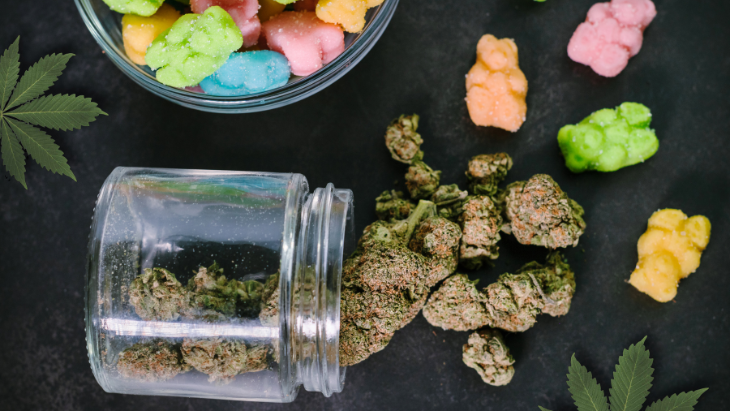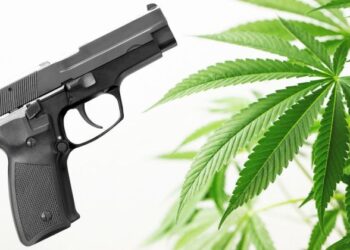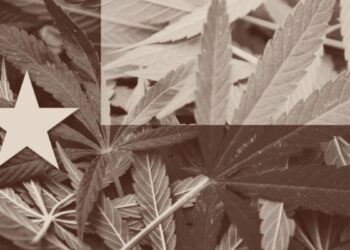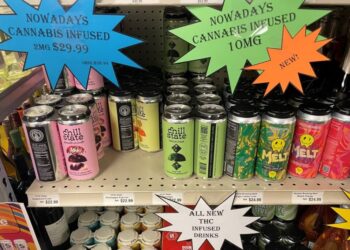A significant percentage of so-called ‘hemp-derived’ delta-9-THC products sold over the counter contain synthetically derived THC, according to data published in the Journal of Cannabis Research.
Researchers performed laboratory analyses on 53 products marketed as containing “hemp-derived delta-9 tetrahydrocannabinol.”
They reported that more than one-quarter of the products contained THC that had been naturally derived from traditional cannabis plants rather than from hemp. Moreover, just under half of the products tested (49 percent) contained THC that had been chemically converted from CBD via cyclization.
“Only 18.4 percent probably used natural hemp-derived delta-9 THC,” the study’s authors concluded.
Other studies have similarly acknowledged that a significant percentage of ‘hemp-derived delta-8-THC products’ are also the result of a chemical conversion. Manufacturers engaged in synthesizing delta-8 THC, delta-9 THC, THC-O, and other psychoactive cannabinoids are not regulated and may use potentially dangerous household products to facilitate this process.
According to the US Drug Enforcement Administration, such products are not legally protected by the 2018 Farm Bill, which legalized hemp plants containing no more than 0.3 percent THC as well as their naturally occurring cannabinoids. States the DEA, “Arriving at [THC] by a chemical reaction starting from CBD makes the [substance] synthetic and therefore, not exempted” under the federal law.
By contrast, a 2022 Ninth Circuit Court of Appeals ruling affirmed that such synthetically-derived cannabinoids are, in fact, legally exempt under the Farm Bill as long as the products were sourced from hemp-derived CBD.
NORML has long urged the FDA to establish regulatory guidelines governing the production, testing, labeling, and marketing of hemp-derived psychoactive products as well as synthetically-derived novel cannabinoids. In written testimony, NORML’s Deputy Director Paul Armentano opined: “For years, producers of these products have navigated in a grey area of the law — manufacturing products of variable and sometimes questionable quality and safety. Now it is time for the FDA to craft benchmark safety and quality standards for hemp-derived products in order to increase consumer satisfaction and confidence as this nascent industry transitions and matures into a legal marketplace.” To date, however, the agency has failed to take any significant steps to regulate this commercial industry.
In February, the agency announced that Congress, not the FDA, must take primary responsibility for creating a regulatory framework overseeing the commercial production and sale of hemp-derived products. In July, Congress posted a “request for information” from stakeholders regarding the creation of a “regulatory pathway for hemp-derived CBD products.”
Survey data compiled by the National Consumers League reports that more than eight in ten US voters desire greater federal regulatory oversight over the labeling and marketing of commercially available hemp-derived products.
Full text of the study, “Potency and safety analysis of hemp delta-9 products: The hemp vs. cannabis demarcation problem,” appears in theJournal of Cannabis Research. Additional information is available in the NORML Fact Sheet, ‘Guide to Delta-8 THC and Other Novel Cannabinoids.’













